Chancellor Rachel Reeves has been slammed as the “Labour grinch” who “stole Christmas” after businesses across the country were forced to cancel their festive celebrations following her recently announced tax raid.
Nearly half of British firms are axing their Christmas parties this year, according to new research, with some business leaders blaming Reeves’s recent Autumn Budget decisions for draining company finances.
Shadow Business Secretary Andrew Griffith took aim at the Chancellor’s decision in October to raise the National Insurance contribution rate paid by employers to 15 per cent.
Griffith, who labelled the Chancellor as the “Labour grinch” who “stole Christmas”, told The Sun: “Workers across the country are paying the price with Christmas parties cancelled after Budget tax rises means the business cupboard is bare.”
A new study by CV-Library, surveying more than 650 employers, found that nearly one in two companies in the UK will not be having a Christmas party for workers this year.
Do you have a money story you’d like to share? Get in touch by emailing money@gbnews.uk.

The Chancellor has been accused of stealing Christmas as companies cancel their festive parties to offset the future cost of tax hikes
GETTY
For those businesses still hosting celebrations, one in four workers will need to pay for their own attendance. The research also found that a quarter of respondents plan to scale back their celebrations compared to last year.
Lee Biggins, the chief of CV-Library, explained: “With tighter budgets, more remote working, and staff enthusiasm on the wane, it seems some companies are rethinking the traditional end-of-year bash.”
However, Biggins stressed the importance of in-person gatherings, stating: “With workforces much more disparate these days, I think there has never been a greater need to bring everyone together, in-person, to celebrate a year’s hard work.”
The employment expert added: “Covid taught us that while remote working has its upsides, some things are better in person. Christmas parties just aren’t the same over Teams.”
Rachel Reeves’s tax raid explained
The Chancellor’s Autumn Budget confirmed employers will face increased National Insurance contributions from next year, marking a significant rise in business costs.
From April 2025, the rate will increase from 13.8 per cent to 15 per cent, in what business leaders have described as a “tax on jobs”. Adding to the financial pressure, Reeves announced the current threshold for employer contributions will be reduced from £9,100 to £5,000 starting April next year.
In her speech to the House of Commons, the Chancellor acknowledged this was a “difficult decision” as part of her broader funding plans. Under current rules, employers pay National Insurance at a rate of 13.8 per cent on employee earnings above £175 per week.
The impact of these tax changes is already being felt across the retail sector, with major retailers urged the Chancellor to consider a U-turn on her National Insurance raid.
Earlier this week, Curry’s it faces £32million in extra costs due to the Autumn Budget. Alex Baldock, the group chief executive of the electronics chain, cautioned that the Chancellor’s policies will impact business operations significantly.
The retailer expects £21million in additional costs linked to National Insurance and minimum wage increases. A further £9million will come from costs passed through from partner businesses, with an extra £2million in business rates costs.
LATEST DEVELOPMENTS:
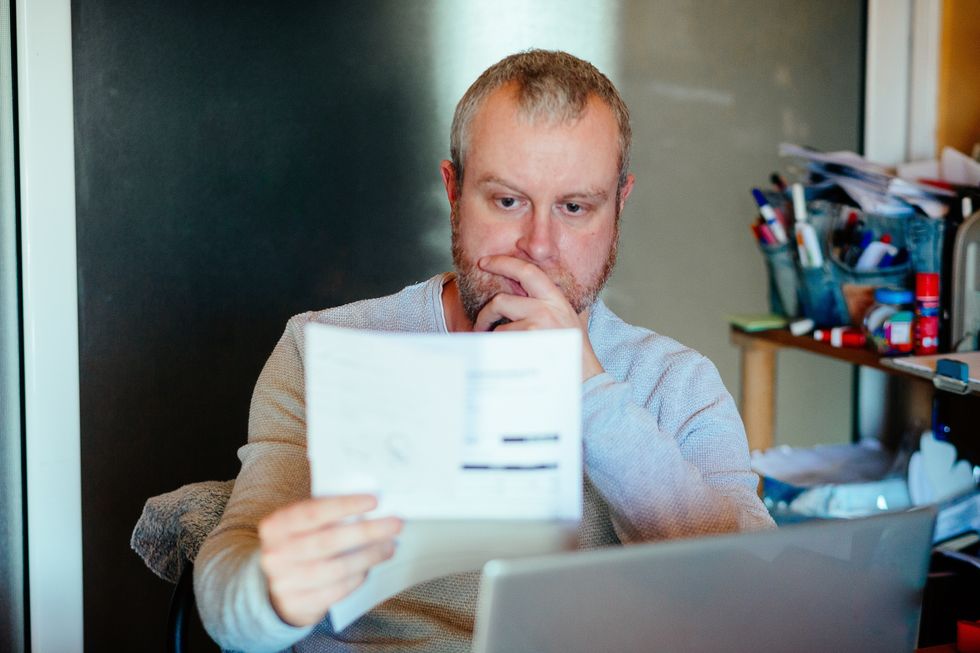
Companies are warning that the recently announced National Insurance hike will be passed onto consumers
GETTY
“These will add cost quickly and materially, depress investment and hiring, boost automation and offshoring, and make some price rises inevitable,” the chief executive warned.
Despite these challenges, the group still expects to grow profits this financial year, though Baldock described the government policy changes as “new and unwelcome headwinds.”
Currys revealed its group revenues increased by one per cent to £3.92billion for the half-year to October 26, compared with the same period last year. The electronics retailer, which operates 715 stores, saw strong UK performance offsetting a slight decline in its Nordics business.
UK like-for-like revenues rose by five per cent, with total revenues reaching £2.34billion in the region. The company reduced its pre-tax loss to £10million, down from £44million a year earlier. Trading remains in line with expectations during the Christmas period, with particularly strong demand for AI-related products.










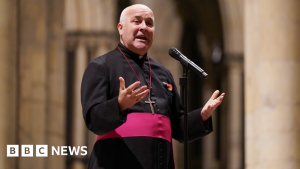




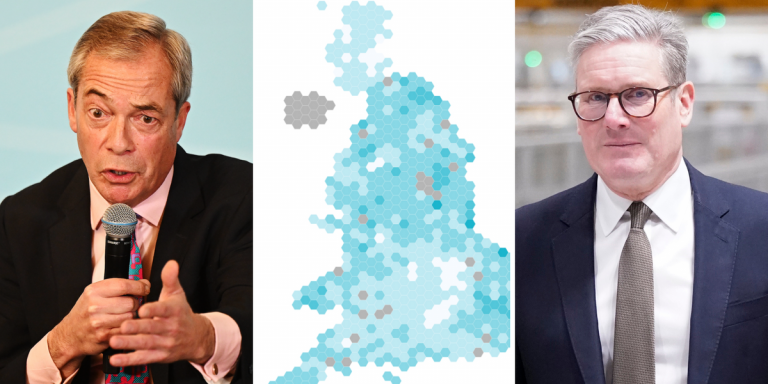








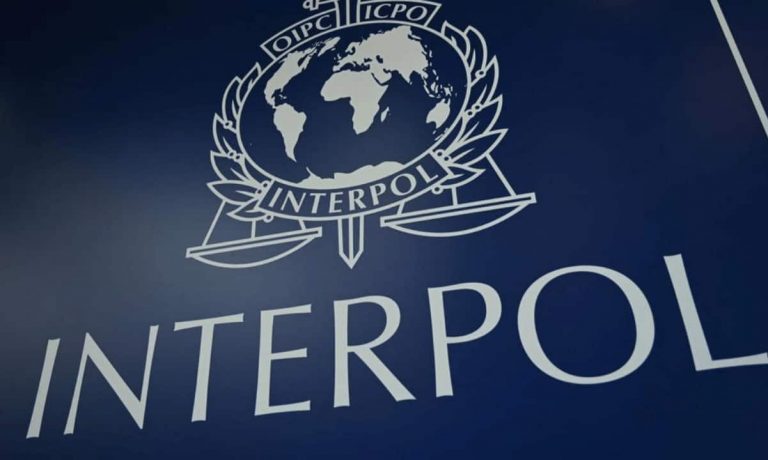
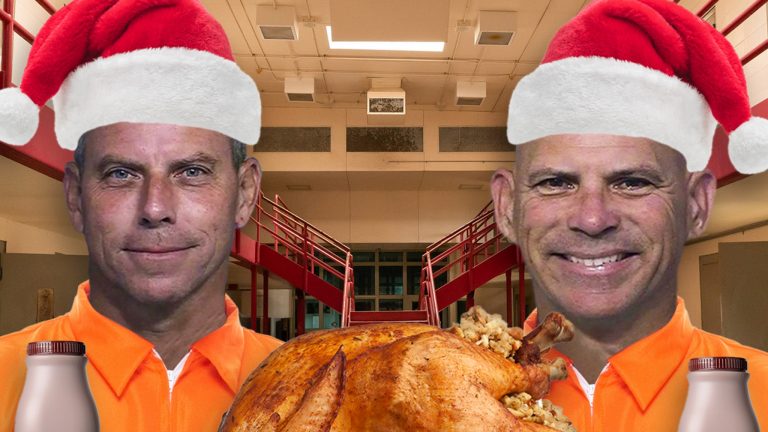

+ There are no comments
Add yours